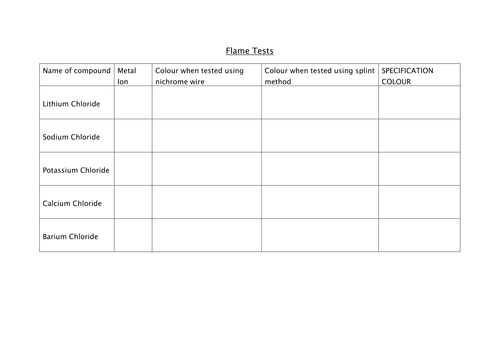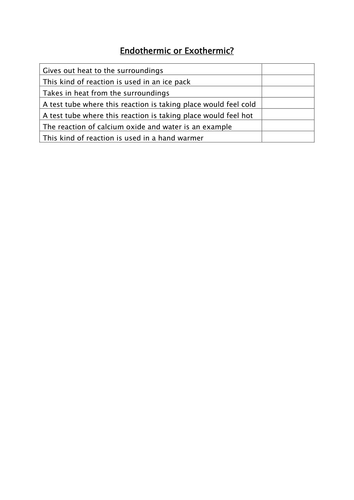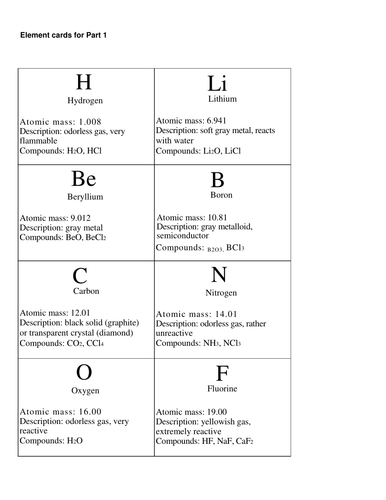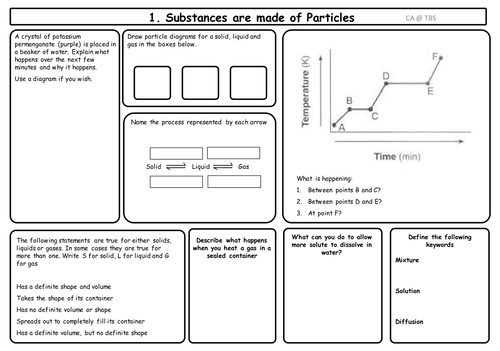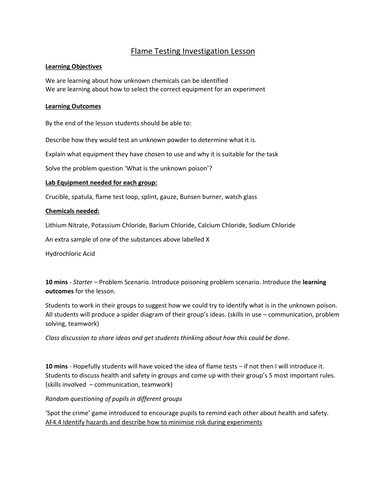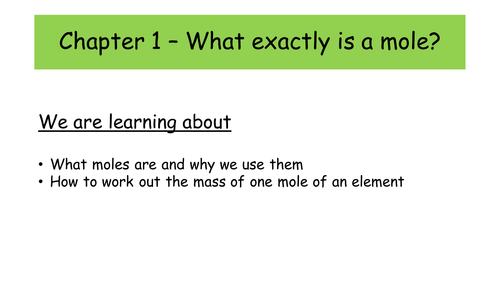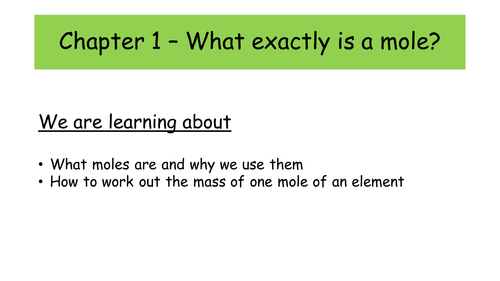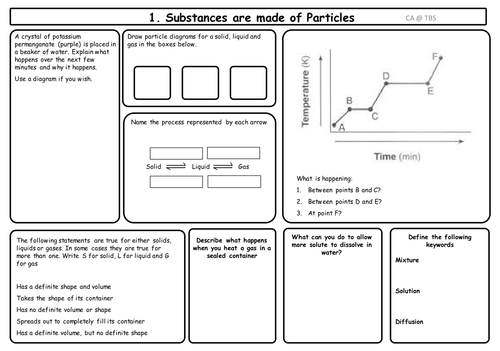Caverre's Shop
Predominately a Chemistry teacher, although I dabble with Biology and Physics too. Most of my schemes of work were planned for either AQA or iGCSE schemes of work at KS4 and the IB at KS5 (although I have no official affiliation with the IB)


